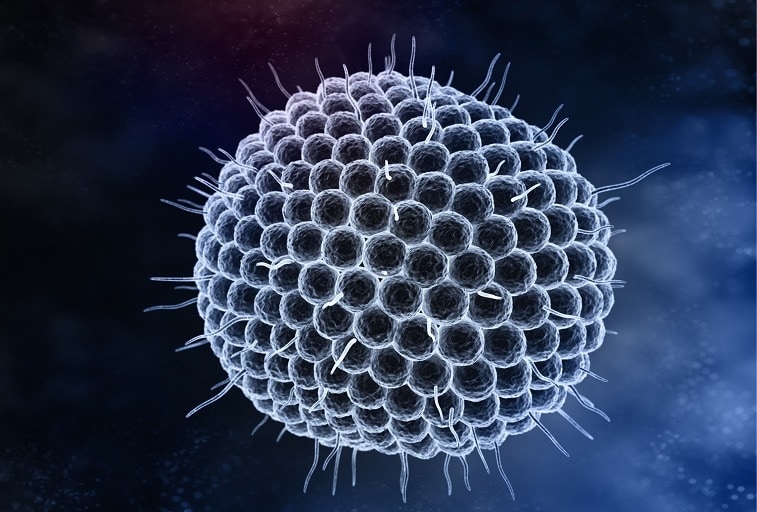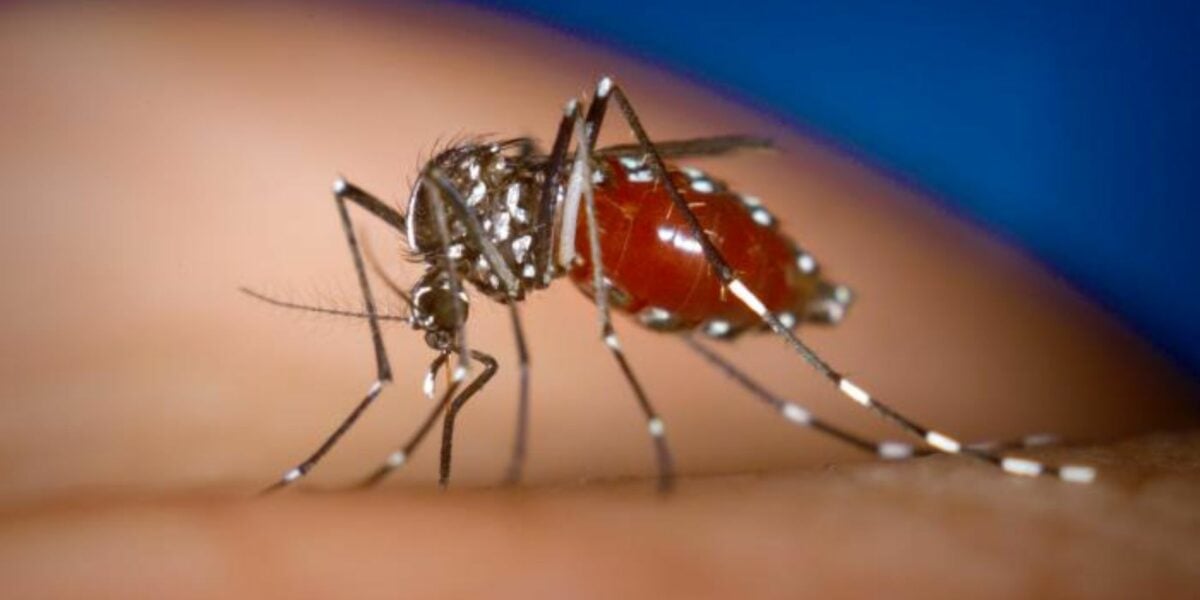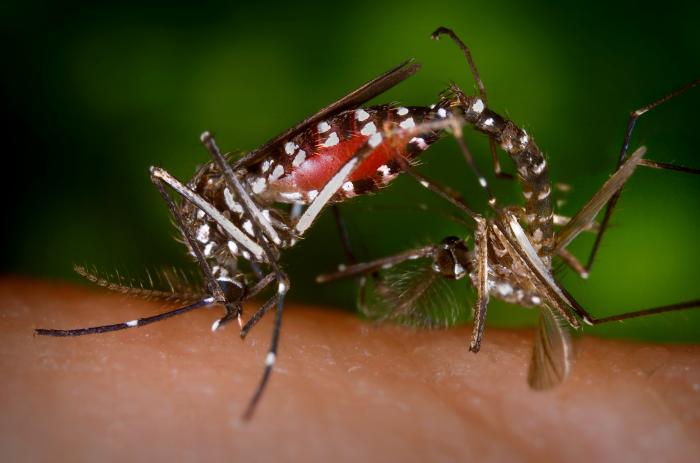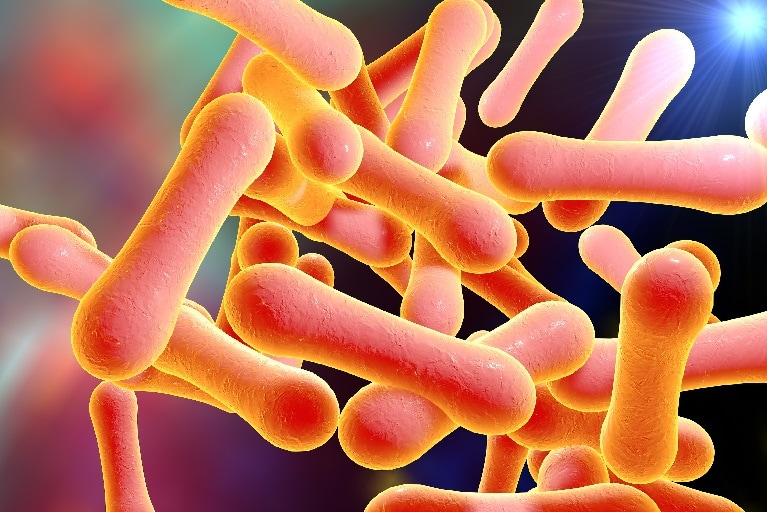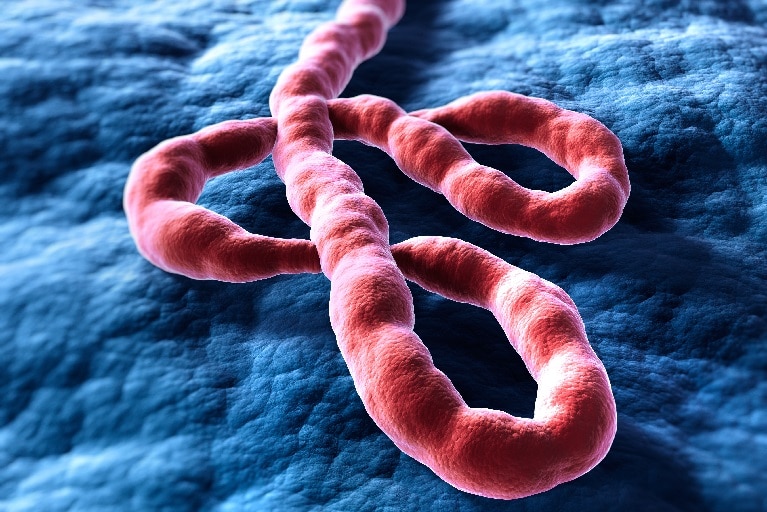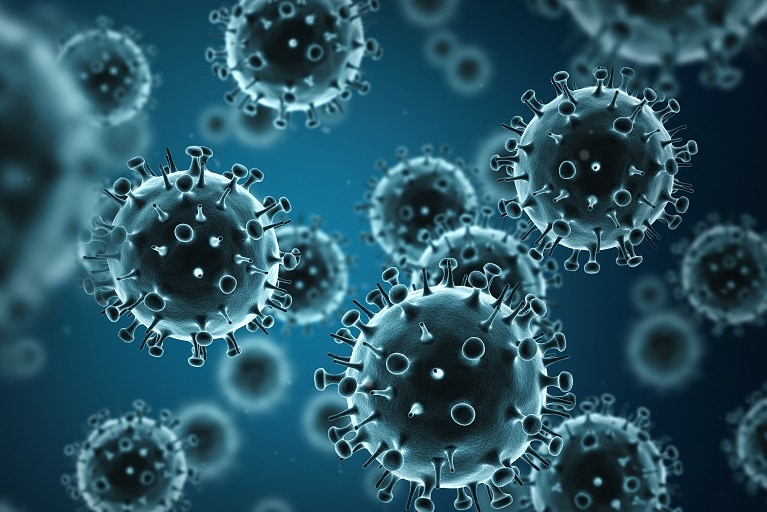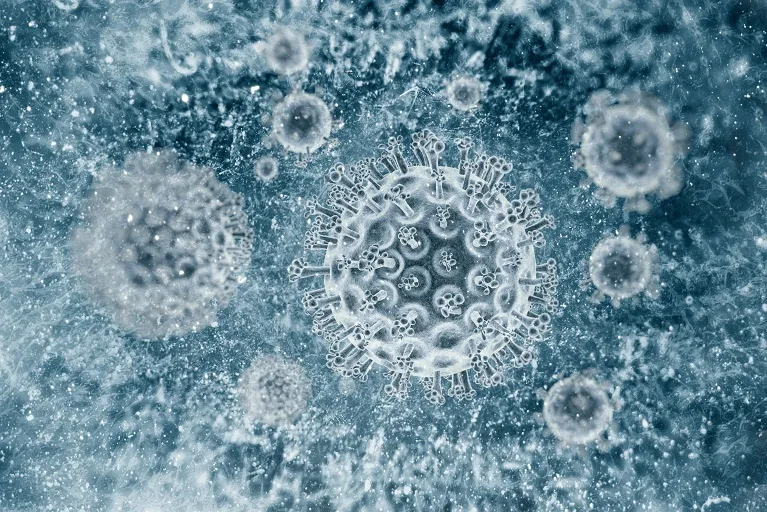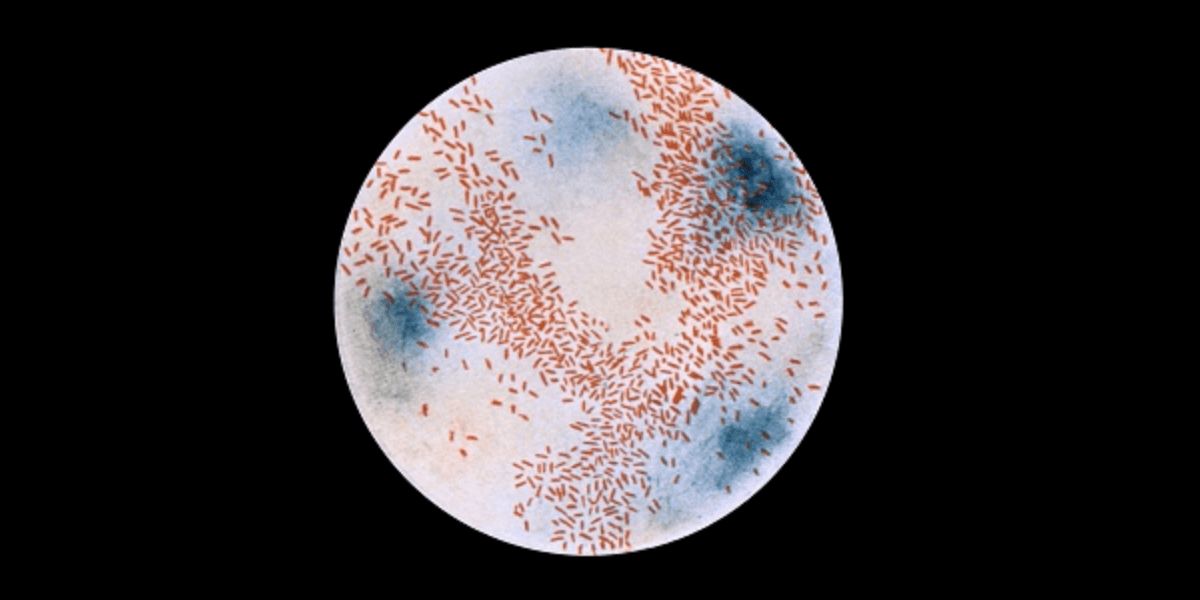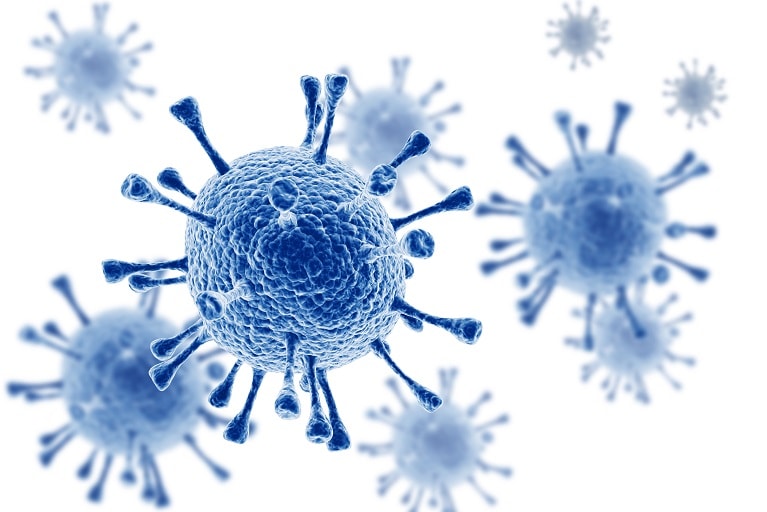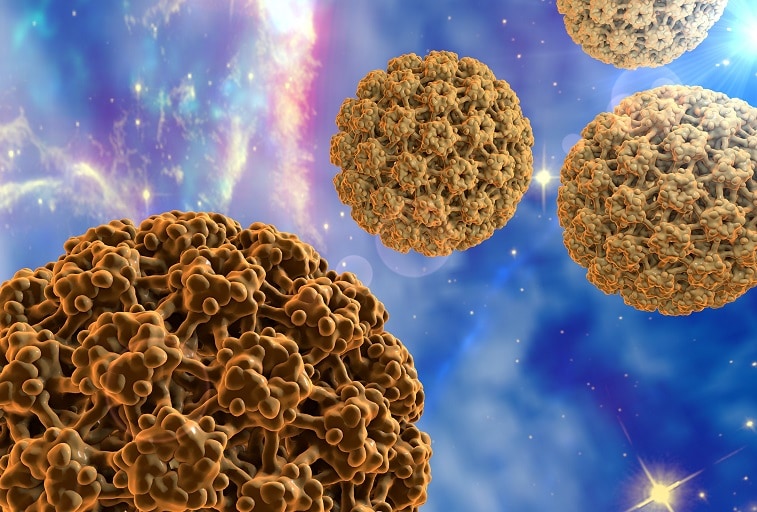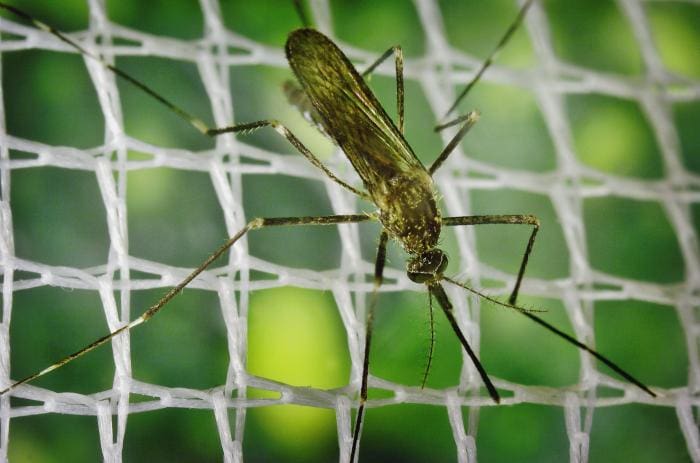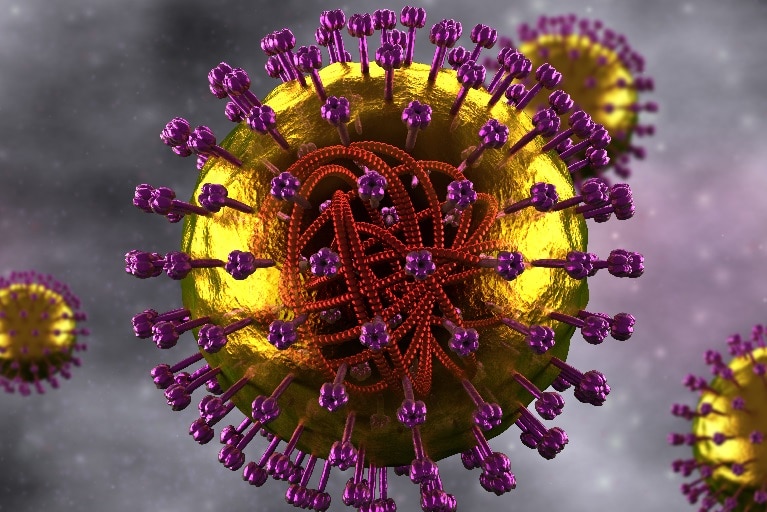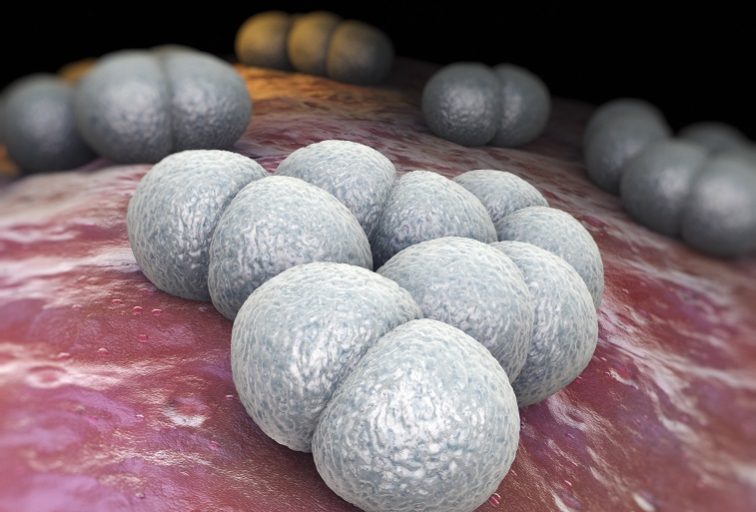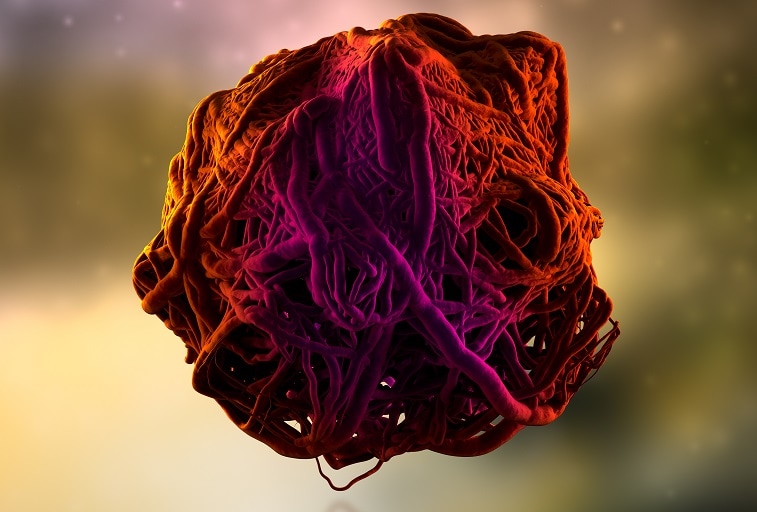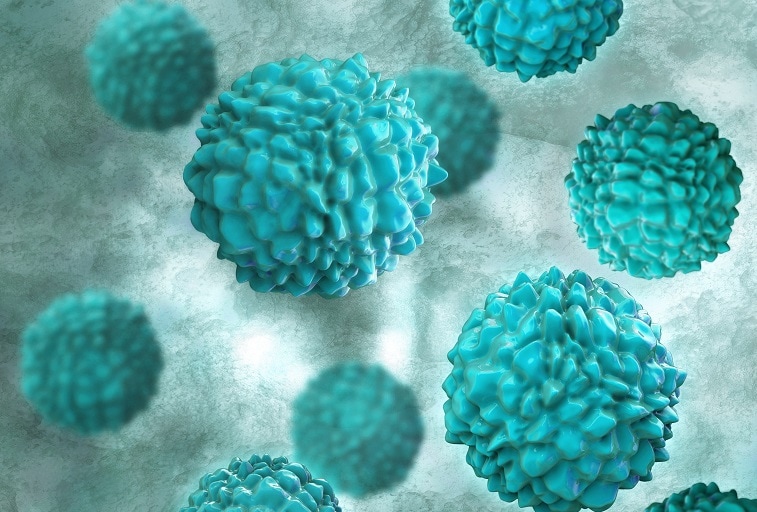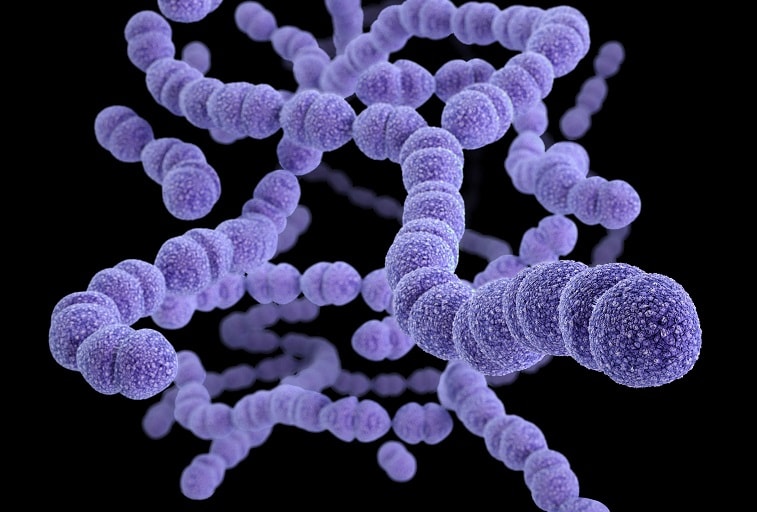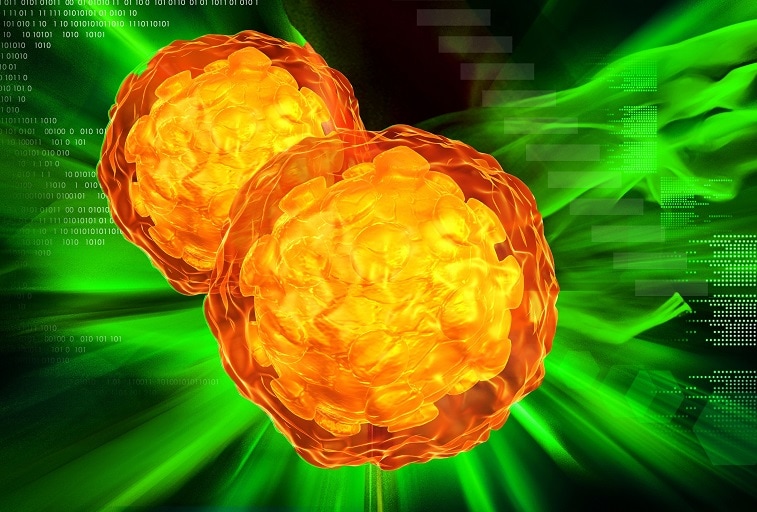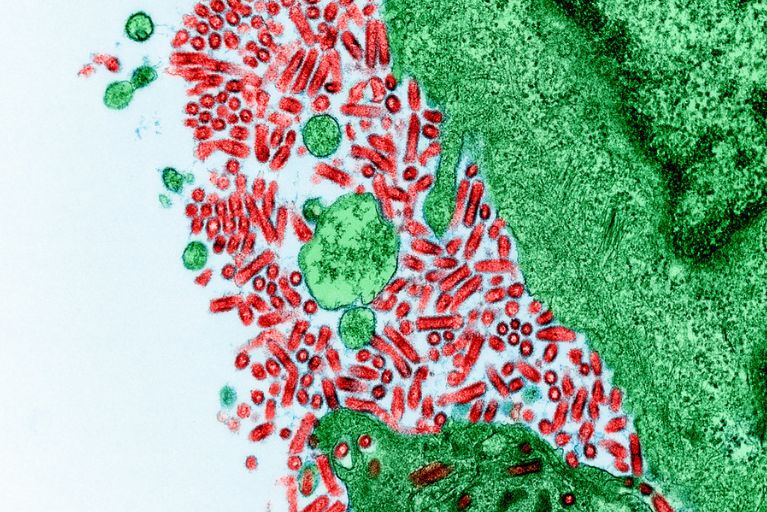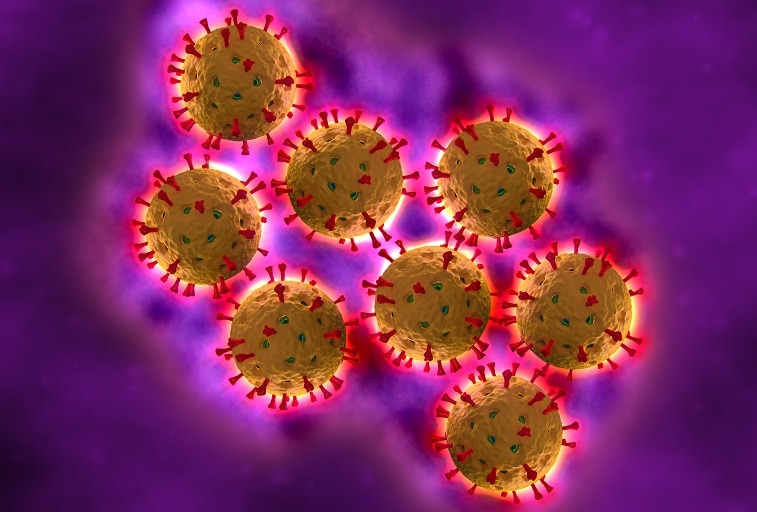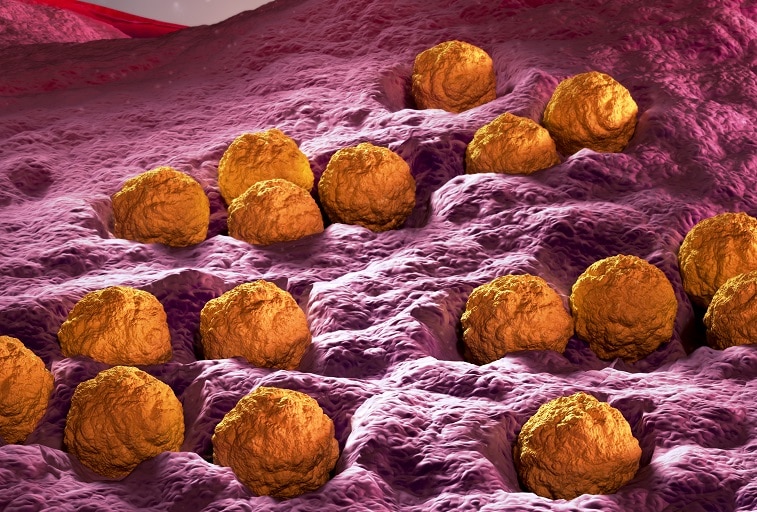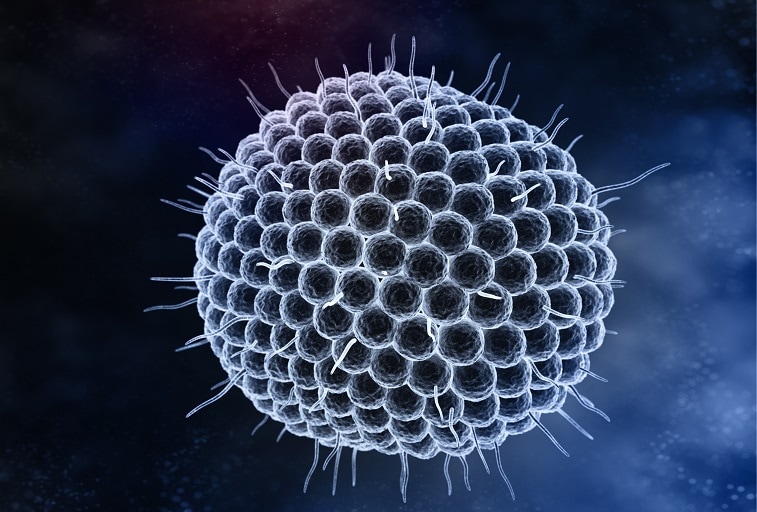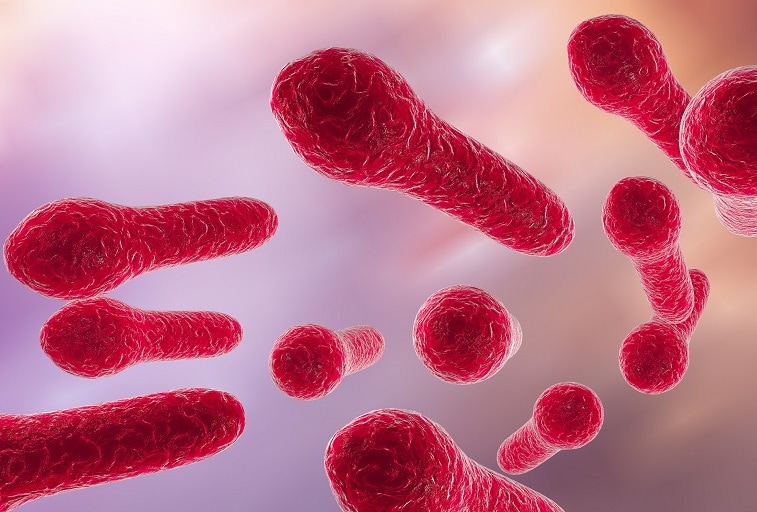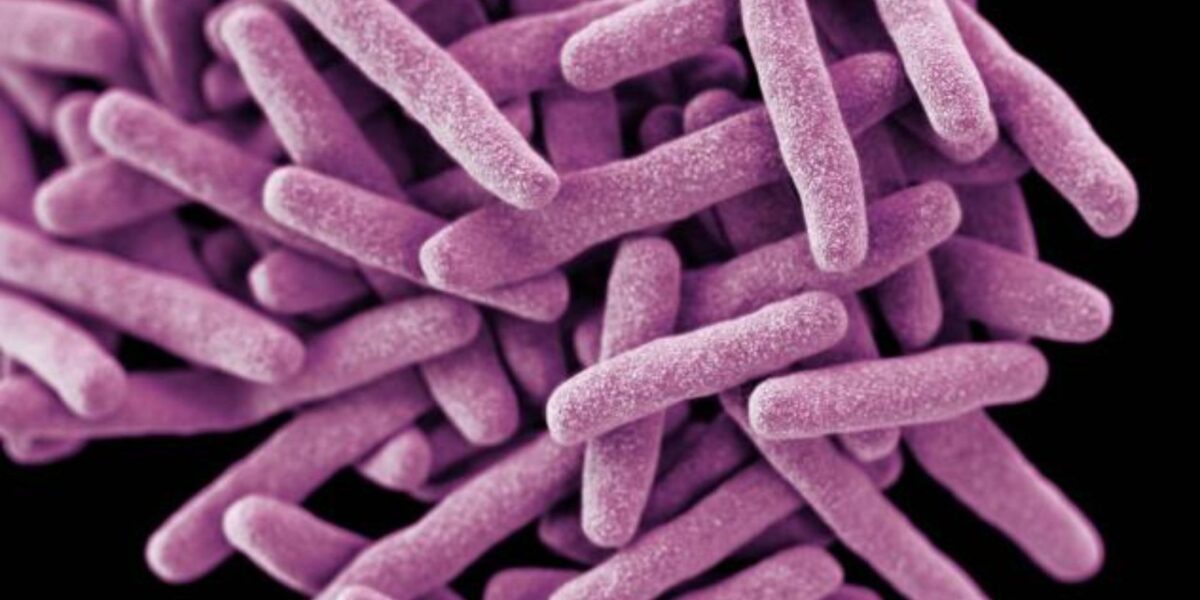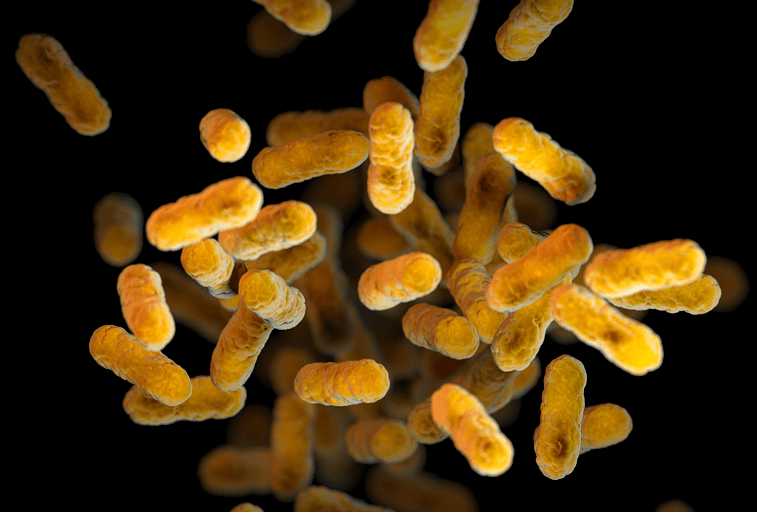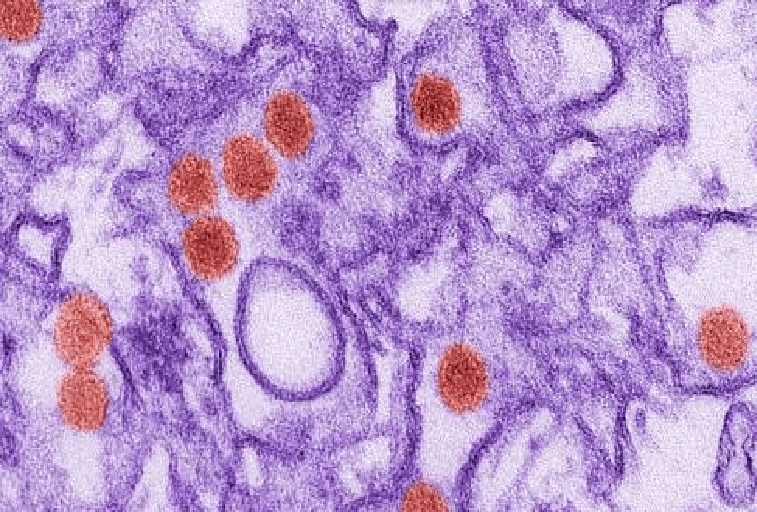Chickenpox (Varicella)
Chickenpox is caused by the highly contagious varicella zoster virus and is spread by coughing, sneezing, or direct contact with skin lesions
Chikungunya
Chikungunya is an infection that can result in severe joint and muscle pain and is caused by a virus that spreads to people from the bite of an infected mosquito
Coronaviruses (COVID-19)
Coronaviruses are a family of viruses that cause illness ranging from the common cold to more severe diseases such as COVID-19, Middle East Respiratory Syndrome (MERS), and Severe Acute Respiratory Syndrome (SARS)
Dengue
Dengue viruses are spread through the bite of an infected mosquito and although symptoms can be mild, severe dengue can be life-threatening within a few hours
Diphtheria
Diphtheria is an acute bacterial disease that usually affects the tonsils, throat, nose, and/or skin
Ebola
Ebola is a rare and deadly disease caused by infection with a virus that can cause illness in humans and other primates (monkeys, gorillas, and chimpanzees)
Flu (Influenza)
Flu is a contagious disease caused by an influenza virus and can cause serious illness in people, even if they are otherwise healthy
Hepatitis
Hepatitis is an inflammation of the liver and the most common types of viral hepatitis in the US are hepatitis A, hepatitis B, and hepatitis C
Hib Disease
Hib disease is a serious illness that can cause meningitis, pneumonia, and other serious infections, with infants and children younger than age 5 years most at risk
HIV/AIDS
Acquired immunodeficiency syndrome (AIDS) is a chronic, potentially life-threatening condition caused by the human immunodeficiency virus (HIV)
HPV (Human Papillomavirus)
Human papillomavirus (HPV) is the most common sexually transmitted infection in the US that can cause certain cancers and genital warts
Japanese Encephalitis
Japanese encephalitis (JE) is a potentially severe disease caused by a virus spread by infected mosquitos in Asia and the western Pacific
Measles
Measles is a highly contagious respiratory disease that can result in severe and sometimes permanent complications including pneumonia, seizures, brain damage, and even death
Meningococcal Disease
Meningococcal disease is a serious bacterial infection that most often leads to severe swelling of the tissues surrounding the brain and spinal cord (meningitis) or bloodstream infection
Mpox
Mpox is a rare disease that is caused by infection with mpox virus and is spread through contact with an infected animal, human, or contaminated surface
Mumps
Mumps is a contagious disease caused by a virus that spreads easily through coughing and sneezing
Norovirus
Norovirus is a highly contagious virus that spreads through contaminated food, water, surfaces, or contact with an infected person and can cause diarrhea, vomiting, and stomach pain
Pneumococcal Disease
Pneumococcal disease is caused by common bacteria that can infect different parts of the body and is a leading cause of serious illness in people of all ages
Polio
Polio is a highly infectious disease caused by a virus that invades the nervous system and is spread through contact with the stool (feces) of an infected person or droplets from a sneeze or cough
Rabies
Rabies is a preventable viral disease most often transmitted through the bite of a rabid animal which can infect the central nervous system of mammals, ultimately causing disease in the brain and even death
Respiratory Syncytial Virus (RSV)
RSV is a respiratory virus that infects the lungs and breathing passages and can be serious, especially for infants and older adults
Rotavirus
Rotavirus is a highly contagious virus that infects nearly all young children and is one of the most common and serious causes of severe diarrhea in the US
Rubella
Rubella, sometimes called German measles, is caused by a virus and can cause serious birth defects
Shingles (Herpes Zoster)
Shingles is caused by the same virus that causes chickenpox which remains inactive in the body for life and can reactivate years, or even decades later, causing shingles
Tetanus
Tetanus, sometimes called lockjaw, is a bacterial disease that affects the nervous system and is contracted through cuts or wounds that become contaminated with tetanus bacteria
Tuberculosis (TB)
Tuberculosis (TB) is an infectious disease that most often affects the lungs. TB is caused by a type of bacteria that spreads through the air when infected people cough, sneeze, or spit.
Whooping Cough (Pertussis)
Whooping cough, also called pertussis, is a serious infection that spreads easily from person to person and can cause coughing spells that are so severe that it can be hard to breathe, eat, or sleep
Zika
Zika is caused by a virus transmitted primarily by Aedes mosquitoes and can be transmitted by pregnant women to developing babies, which can cause microcephaly and other serious birth defects

